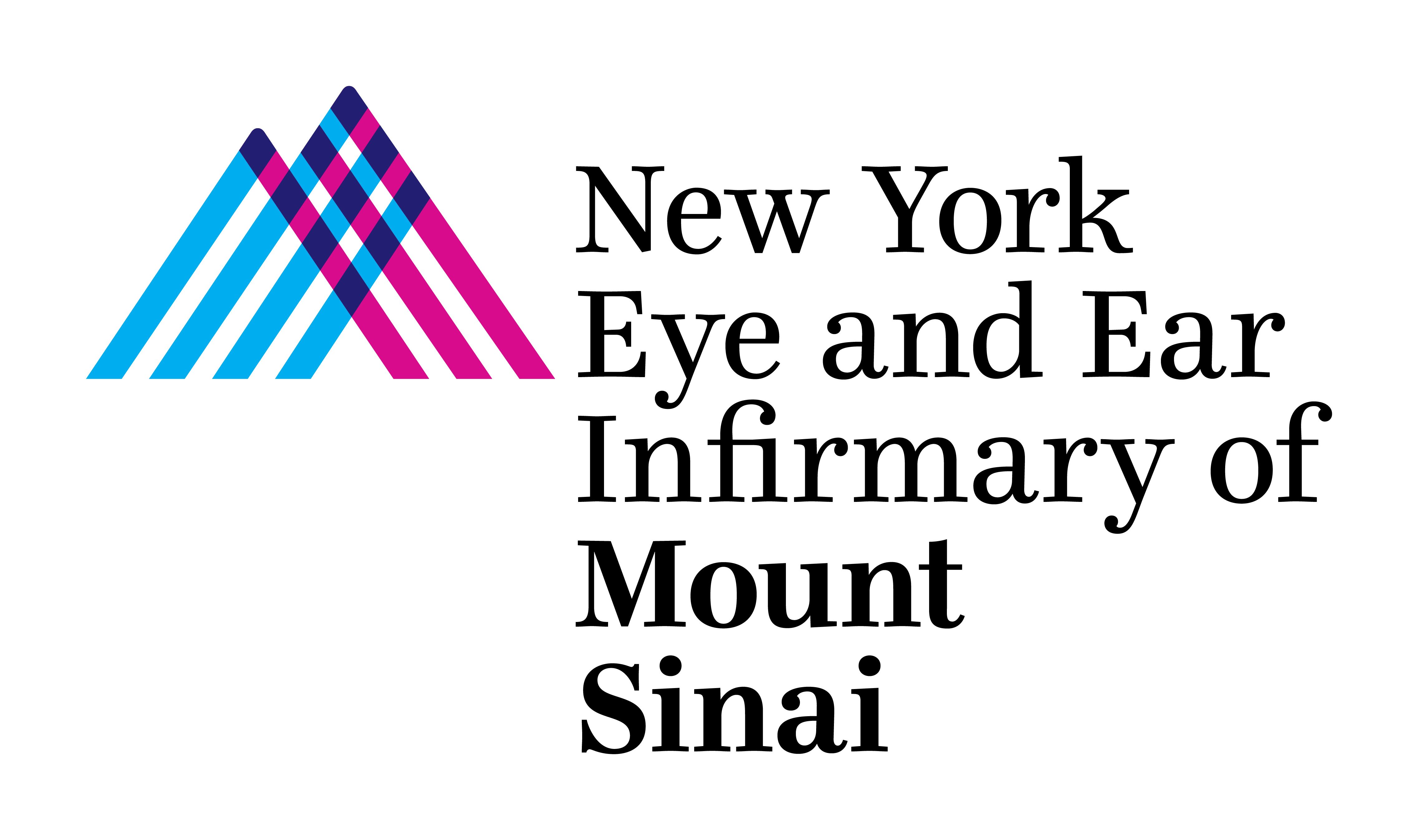
Center for Ophthalmic Artificial Intelligence and Human Health opens door for new, advanced treatment options

The Icahn School of Medicine at Mount Sinai opened the Center for Ophthalmic Artificial Intelligence and Human Health, which is dedicated to advancing artificial intelligence to offer faster diagnosis and treatment.
The Icahn School of Medicine at Mount Sinai has announced the launch of the Center for Ophthalmic Artificial Intelligence and Human Health, with the goal of advancing artificial intelligence in the field of ophthalmology.
According to a news release from Mount Sinai,1 the center is the first of its kind in New York, and strives to reshape patient care by creating more timely diagnosis of eye disease and innovative risk assessment of systemic health conditions.
Mount Sinai is incorporating AI into trainee and physician education, research, and the clinical setting for prompt diagnosis of eye diseases and conditions. Some of the eye diseases targeted for prompt diagnosis include macular degeneration, diabetic retinopathy, glaucoma, hypertensive retinopathy, systemic conditions, and retinal tumors.
Mount Sinai stressed the importance of quick diagnosis in the press release. “Early detection and intervention can prevent vision loss, and may also prevent heart attack and stroke, since several eye conditions are linked to cardiovascular and neurological issues.”
James C. Tsai, MD, Delafield-Rogers professor and chair of ophthalmology at Icahn Mount Sinai and the Mount Sinai Health System, president of New York Eye and Ear Infirmary of Mount Sinai (NYEE), and inaugural director of the center discussed the technologies available at the Center for Ophthalmic Artificial Intelligence and Human Health.
“Our department is excited to be at the forefront of ophthalmic innovation in AI and Human Health and play a critical role in validating and implementing the most promising technologies,” said Tsai. “We anticipate that the Center will help revolutionize and transform population-based health, thereby enhancing quality and equitable care. Besides the more timely diagnosis and referral of community-based ocular conditions, we will better predict cardiovascular health in the future since recent research has shown that cardiovascular risk factors can be determined from AI-guided analysis of retinal fundus photographs. No other specialty in medicine allows such an unimpeded view and assessment of the cardiovascular and neurological systems.”
The center will be implementing AI models across 3 areas including a tele-retina program, ophthalmology tele-consult program, and eye stroke service.
In the tele-retina program, primary care physicians upload retina images, captured by high quality digital cameras, to a technology platform where NYEE retina specialists can access them and provide diagnoses.
While the tele-ophthalmology consult pilot program provides patients with eye emergencies, rapid diagnosis by using sophisticated telemedicine platforms. This can give the opportunity for expedited treatment since this program does not rely on in-person consultations with ophthalmologists.1
Thomas J. Fuchs, DSc, Dean of Artificial Intelligence and Human Health at Icahn Mount Sinai reiterated the importance of AI advancements in the press release.
“Artificial Intelligence is revolutionizing our society, especially in how we deliver health care to patients. Ophthalmology is at the forefront of this change since the image domain lends itself exceptionally well to modern deep learning-based AI. At Mount Sinai, we can realize the vision of an AI-driven ophthalmology that will drastically improve care for nearly every patient visiting our hospitals,” said Fuchs.
AI will also expand Mount Sinai’s Eye Stroke Service to expedite the diagnosis and treatment of patients who suffer with an acute eye stroke. Currently, high-resolution optical coherence tomography (OCT) retinal scans are taken in several different emergency departments and sent to on-call retinal specialists to make an immediate diagnosis and alert the neuroradiology team that immediate stroke treatment with intra-arterial thrombolysis therapy is needed.1
Researchers will analyze these data-embedded images by developing and using state of the art AI algorithms and combine these findings with high-throughput genotyping data available at Icahn Mount Sinai, according to Mount Sinai.
Furthermore, Mount Sinai states this will “help develop unique ocular biomarkers that can inform the pathophysiology of eye diseases, highlight health care disparities in eye disease, predict earlier onset of disease and progression, better help monitor diseases and response to treatment, provide a framework for developing precision medicine strategies for these diseases, and streamline the performance of clinical trials.”1
References
1. Mount Sinai Health System. Mount Sinai Launches Center for Ophthalmic Artificial Intelligence and human health. Mount Sinai Health System. Press release. July 5, 2023. Accessed July 5, 2023. https://www.mountsinai.org/about/newsroom/2023/mount-sinai-launches-center-for-ophthalmic-artificial-intelligence-and-human-health
Newsletter
Don’t miss out—get Ophthalmology Times updates on the latest clinical advancements and expert interviews, straight to your inbox.





























